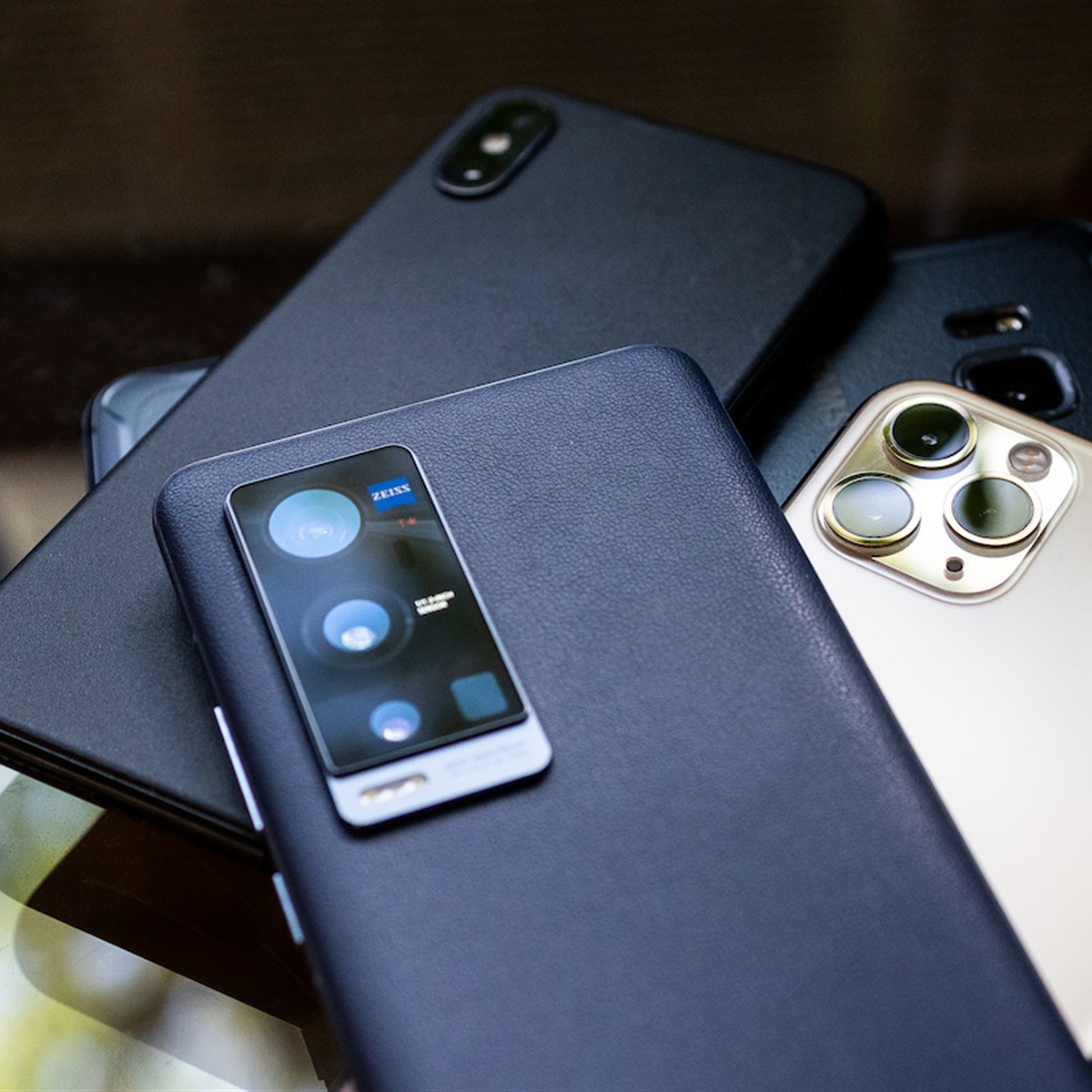1.7M
1. Apple iPhone:
- Operating System: iOS.
- Ecosystem: Seamlessly integrates with other Apple devices like Mac, iPad, and Apple Watch.
- Build Quality: Known for premium build quality and design.
- Camera: iPhones offer high-quality camera systems with features like Night mode.
- App Store: The Apple App Store provides a vast selection of apps and timely updates.
2. Samsung Galaxy:
- Operating System: Android with Samsung's One UI.
- Diverse Lineup: Samsung offers a wide range of smartphones, from budget-friendly to flagship models.
- Display: Known for vibrant AMOLED displays and innovative features like the Infinity-O design.
- Camera: Samsung Galaxy smartphones feature advanced camera systems with multiple lenses.
- Customization: Android offers more customization options and compatibility with various apps.
3. Google Pixel:
- Operating System: Stock Android, known for regular updates.
- Camera: Google Pixel devices are renowned for their exceptional camera quality and computational photography.
- Google Services: Deep integration with Google services like Google Assistant, Google Photos, and more.
- Software Experience: Offers a clean, bloatware-free Android experience.
- AI and Machine Learning: Google Pixel uses AI for various features, including voice transcription and real-time language translation.
4. OnePlus:
- Operating System: OxygenOS (based on Android).
- Performance: Known for top-tier performance and fast charging (Warp Charge).
- Price: Often considered a "flagship killer" due to competitive pricing.
- Community Engagement: Engages with users for feedback on software updates and features.
- Customization: OxygenOS provides extensive customization options.
5. Xiaomi (Mi/Redmi):
- Value for Money: Xiaomi offers budget-friendly smartphones with competitive specifications.
- MIUI: Uses MIUI as the Android skin, which adds various features and customization options.
- Diverse Range: Offers a wide range of devices, including flagship Mi phones and budget Redmi phones.
- Battery Life: Known for impressive battery life in many models.
6. Huawei/Honor:
- Camera Technology: Known for innovative camera technology in flagship models.
- EMUI: Uses EMUI as the Android skin, providing various features and a unique look.
- Global Availability: Availability varies due to political restrictions (as of 2021).
- Huawei Kirin Chips: Manufactures its own Kirin chips for some models.
7. LG:
- Unique Features: Known for unique features like dual-screen phones and high-quality audio.
- Display: LG offers OLED displays with vibrant colors.
- Camera: Has a strong focus on camera technology and software features.
- Durability: Some LG models have military-grade durability certifications.
When choosing a smartphone, consider your priorities, including operating system preference, camera quality, design, budget, and ecosystem compatibility. It's also essential to research the most current models and read reviews, as the smartphone market is constantly evolving.




Comments (0)